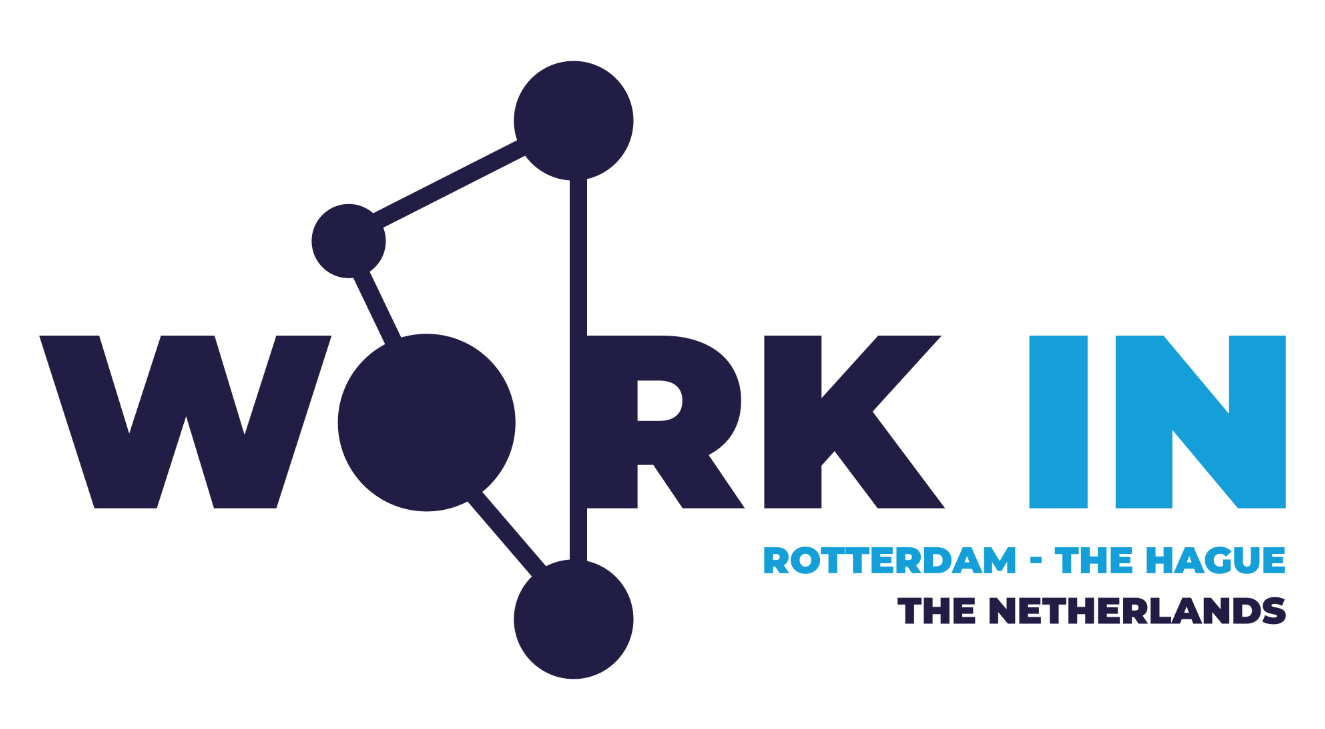Analyst (P-3)

International Criminal Court
23515 | OTP
| Deadline for Applications: | 24/06/2024 (midnight The Hague time) | |
| Organizational Unit: | Suspects at Large Tracking Team (SALTT), Office of the Prosecutor | |
| Duty Station: | The Hague | |
| Type of Appointment: | Fixed-Term Appointment | |
| Minimum Net Annual Salary : | € 95,592.00 | |
| Contract Duration: | To be determined |
A roster of suitable candidates will be established for this post as a result of this selection process for fixed-term appointments against both established posts and positions funded by general temporary assistance (GTA).
Organisational Context
The Suspects At Large Tracking Team (SALTT) is a multidisciplinary team, within the Office of the Prosecutor (OTP), comprising investigators, analysts, lawyers, and international cooperation advisers responsible for the tracking and tracing of persons of interests, and individuals for whom the ICC has issued warrants of arrest. The Suspect At Large Tracking Team is situated within the Executive Office of the Prosecutor.
The analytical component of the Suspect At Large Tracking Team is made up of individuals of different professional and educational backgrounds to maximise efficiency and are able to work in multiple languages. The Analyst will be expected to collect, analyse and integrate information and intelligence of varying types and in multiple formats and languages, including structured data, witness statements, videos, satellite imagery, intercepted audio records, internet content, digital data extracted from different carriers, and reports from different organisations.
The OTP is committed to gender equality and places special emphasis to the development of gender analysis in support of investigations.
Duties and Responsibilities
Under the direct supervision of the Head of SALTT the incumbent will perform the following tasks:
- Leads – Proactively identifies leads and advises the team about potential sources of information, including strategic considerations, electronic media, social media and other open sources in the internet potential witnesses (victims, insiders, experts or other), telecommunications data (Call Data Records and others, archives and fugitive tracking;
- Databases – Effectively utilises the databases available for analysis , information and investigations, including advanced searches and analytical output;
- Designs appropriate data models and processes for analytical databases, and manages database projects (including planning, quality control and supervision of input), including all-source collation databases, telecommunications databases (Call Data Records and others) and internet open source databases;
- Analytical products – Produces accurate and sourced analytical products in response to the requirements of the team, including reports of different kinds (on incidents, crime pattern, profiles, groups and networks etc.), relational charts, timelines and taking into account the social context of the crimes and background of the alleged perpetrators;
- Produces overall reports on the strength of a suspect dossier and subsequent developed strategies for location and apprehension;
- Effectively disseminates analytical findings through such analytical products and presentations;
- Operational support – Responds to the immediate analytical needs of the operations conducted by the team, including support for investigative planning, missions, interviews and tracking of fugitives when required;
- Planning support – Supports the team and higher management in planning of collection and analysis work, and strategic decision-making;
- Information collection – Participate in information collection operations on an exceptional basis as required by the investigation, including to collect documentary evidence or to support the interview of key witnesses.
Essential Qualifications
Education:
Advanced university degree preferably in Social Sciences, Law, or other relevant fields. A first-level university degree in combination with two additional years of qualifying experience is accepted in lieu of the advanced university degree;
Training in analysis techniques for criminal investigation, intelligence or social science, including specialized software and databases is required;
Experience:
A minimum of 5 years (7 years with a first level university degree) of progressively responsible professional experience with analytical work, preferably with a focus on complex criminal investigations is required;
Direct relevant working experience in any of the identified specialist areas (fugitive tracking, open source investigations, telecommunications expertise, etc.) would be considered an asset;
Knowledge, Skills and Abilities:
- Strong reasoning skills, including ability to understand complex scenarios of crime, to simultaneously handle conflicting information and hypotheses, to identify source biases, and to develop sound logical inferences;
- Advanced computer skills, including ability to efficiently operate databases, search engines and data mining, analytical software, GIS, statistics, applications for the collection and analysis of internet open sources and graphic applications;
- Project management skill, ability to plan and manage analytical projects in accordance to the requirements, resources and timelines of the investigations, is highly desirable;
- Excellent ability to handle complex and voluminous sets of records and data;
- Ability to work effectively and constructively in multi-disciplinary teams comprised of other analysts, investigators, lawyers and support staff;
- Ability to work under stressful conditions and to meet strict deadlines;
- Ability to work in a non-discriminatory manner, with respect for diversity regarding fellow officers, as well as witnesses and external partners;
- Ability to keep strict standards of confidentiality and security including when operating with internet resources and electronic tools;
- Professional integrity.
Knowledge of Languages:
Proficiency in one of the working languages of the Court (English or French) is required. Working knowledge of the other working language is highly desirable. Knowledge of another official language of the Court (Arabic, Chinese, Russian, Spanish), or another language directly relevant to the investigations, is an additional asset.
ICC Leadership Competencies
Purpose
Collaboration
People
Results
ICC Core Competencies
Dedication to the mission and values
Professionalism
Teamwork
Learning and developing
Handling uncertain situations
Interaction
Realising objectives
Learn more about ICC leadership and core competencies.
General Information
- In accordance with the Rome Statute, the ICC is committed to achieving geographical representation and gender equality within its staff as well as representation of the principal legal systems of the world (legal positions). Nationals from the list of non-represented and under-represented States are strongly encouraged to apply. In addition, applications from women are strongly encouraged for senior positions at the Professional (P) and Director (D) levels. Posts shall be filled preferably by a national of a State Party to the ICC Statute, or of a State which has signed and is engaged in the ratification process or which is engaged in the accession process, but nationals from non-state parties may also be considered, as appropriate.
- The selected candidate will be subject to a Personnel Security Clearance (PSC) process in accordance with ICC policy. The PSC process will include but will not be limited to, verification of the information provided in the personal history form and a criminal record check.
- Applicants may check the status of vacancies on ICC E-Recruitment web-site.
- The Court reserves the right not to make any appointment to the vacancy, to make an appointment at a lower grade, or to make an appointment with a modified job description.

